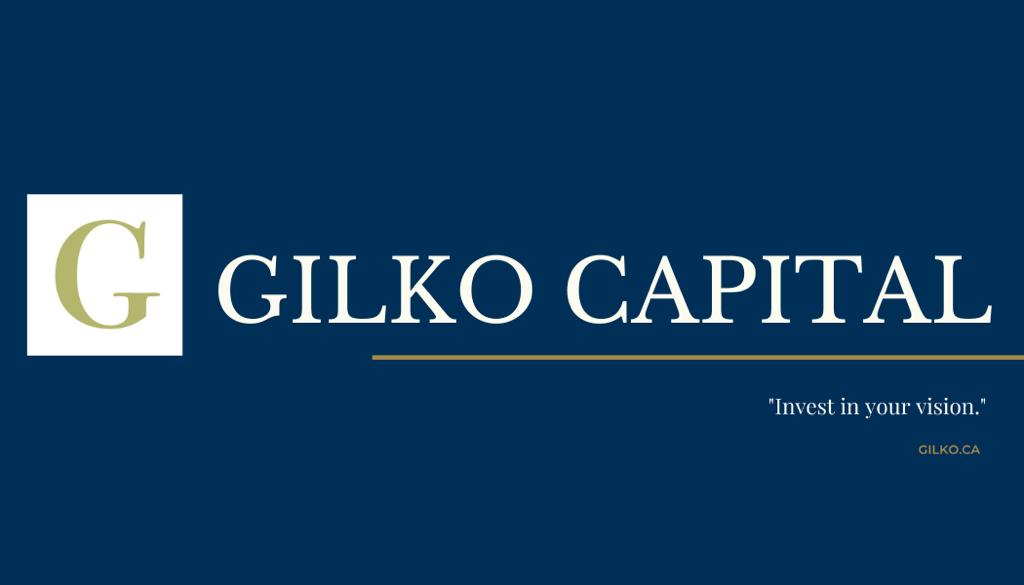When it comes to financing your commercial ventures, it’s important to understand the different types of financing available to you. One such option is commercial term financing, which can be a useful tool for businesses looking to fund capital expenses, expand operations, or acquire assets. In this comprehensive guide, we’ll explore the ins and outs of commercial term financing, including how it works, its benefits and drawbacks, and how to secure it.
What is Commercial Term Financing?
Commercial term financing is a type of loan that is designed for businesses looking to borrow a lump sum of money for a specific period of time, typically ranging from one to ten years. The loan is usually secured against an asset or property owned by the business, such as real estate or equipment.
The loan is repaid in regular installments over the term of the loan, with interest rates varying depending on the lender and the borrower’s creditworthiness. The loan can be used for a variety of purposes, such as purchasing equipment or inventory, financing real estate investments, or covering other capital expenses.
Benefits of Commercial Term Financing
One of the main benefits of commercial term financing is that it provides businesses with a lump sum of money that they can use to fund specific projects or initiatives. This can be particularly useful for businesses that need to make large capital investments, such as expanding their operations or purchasing new equipment.
Another benefit of commercial term financing is that the interest rates are typically lower than those associated with other forms of financing, such as credit cards or lines of credit. This can result in significant cost savings over the term of the loan.
Drawbacks of Commercial Term Financing
One potential drawback of commercial term financing is that the loan is usually secured against an asset or property owned by the business. This means that if the business is unable to make its loan payments, the lender has the right to seize the collateral and sell it to recover their money. This can be a significant risk for businesses that do not have a strong financial position or that are unable to make their loan payments on time.
Another potential drawback of commercial term financing is that the application process can be more complex and time-consuming than other forms of financing. Lenders will typically require a detailed business plan and financial statements to assess the borrower’s creditworthiness and determine the terms of the loan.
How to Secure Commercial Term Financing
To secure commercial term financing, businesses will typically need to provide a detailed business plan, financial statements, and other documentation to the lender. It’s also important for businesses to have a strong credit history and a track record of profitability to increase their chances of being approved for a loan.
Businesses can secure commercial term financing from a variety of sources, including traditional banks, credit unions, and online lenders. Each lender will have its own application process and requirements, so it’s important for businesses to shop around and compare offers to find the best terms and interest rates.
In Conclusion
Commercial term financing can be a useful tool for businesses looking to fund specific projects or initiatives. By understanding how it works and its benefits and drawbacks, businesses can make informed decisions about whether or not to pursue this type of financing. If you’re interested in securing commercial term financing for your business, be sure to do your research and compare offers from different lenders to find the best terms and interest rates.

